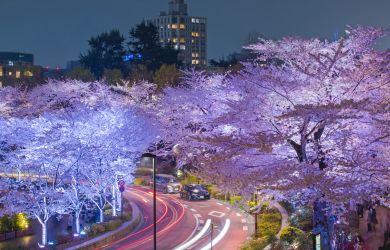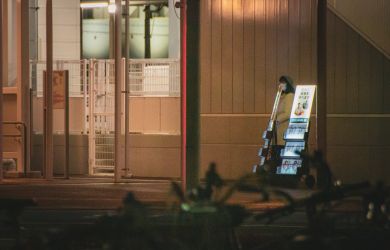
Originally published on metropolis.co.jp on July 2011
Junji Sakamoto is the rarest of creatures when it comes to Japanese filmmakers. He attempts, and succeeds, in straddling the line between art-house and commercial moviemaking while addressing serious subjects and issues that people would often rather ignore. Early in his career Sakamoto worked with legendary underground director Sogo Ishii as well mainstream filmmakers like Kazuyuki Izutsu and Kiyoshi Kurosawa. Sakamoto’s 2000 film Kao (“Face”) nabbed him the Japan Academy Award for Best Director, among other awards. The auteur’s work has addressed the always thorny issue of Japanese nationalism, and his 2008 Yami no Kodomotachi (“Children of the Dark”) was an emotional tour-de-force, though not without controversy, that dealt with the sex trafficking of children. While Sakamoto is not scared of presenting challenging moral dilemmas, the present work is more subdued. In a small town in Nagano prefecture restaurant owner Zen (Yoshio Harada) sees his actress ex-wife, Takako (Michiyo Okusu), who ran off 18 years earlier with another man, suddenly reappear. However her memory is failing and most of what she can remember is her dialog from performances from before she eloped. To help Takako, the town restages a kabuki play. The community’s interpersonal dynamics are set against the performance in something reminiscent of Shakespeare in Love and Sakamoto’s finesse shines through.








